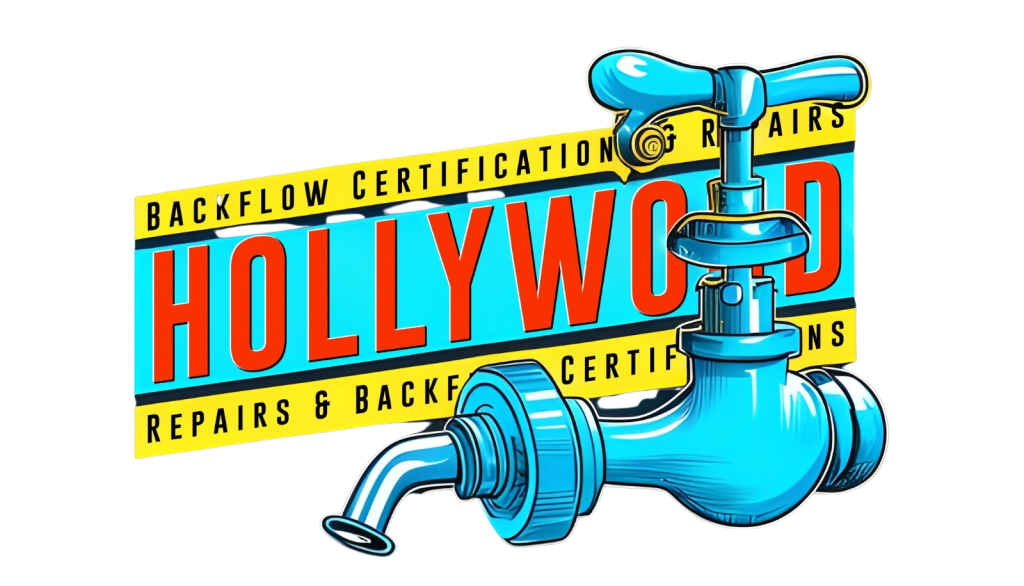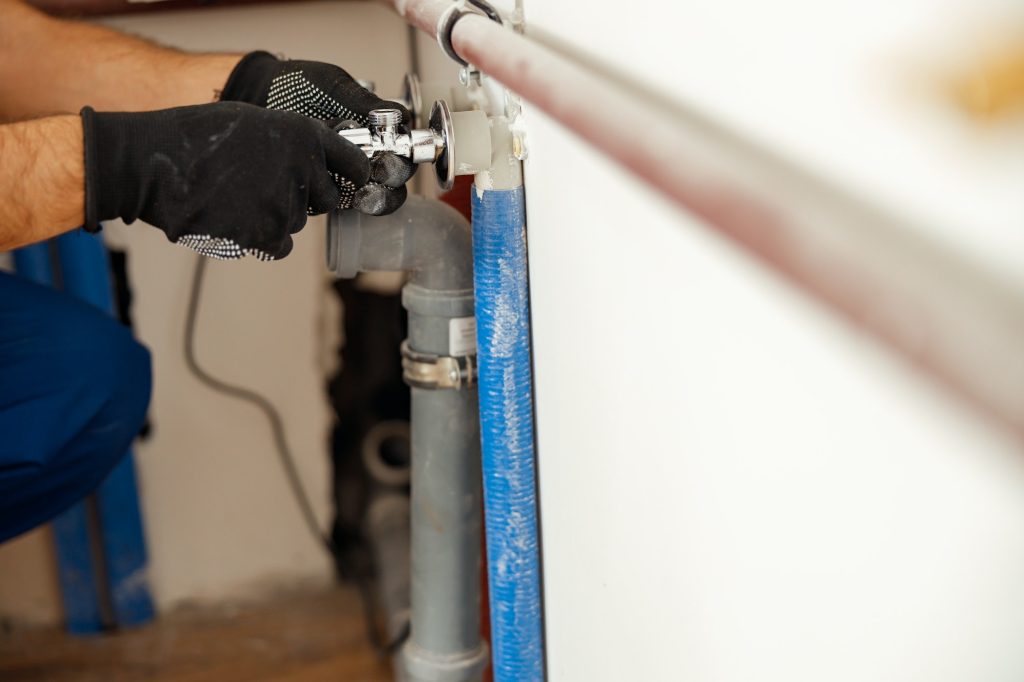Backflow is the undesirable reversal of the flow of water from its intended direction, causing contaminated water to enter the potable water supply. Backflow prevention devices, such as backflow preventers, ensure that water flows in one direction and prevent the contamination of the drinking water supply. Regular backflow certification and testing are necessary to ensure the proper functioning of these devices.
While backflow prevention is essential for public health, the cost of backflow certification and testing can be a concern for property owners. In this article, we will explore the cost of backflow certification and testing, including factors that influence the price, benefits of certification and testing, regulations, and frequently asked questions.
Factors that Influence the Cost of Backflow Certification and Testing
Several factors can impact the cost of backflow certification and testing. Some of the primary factors include:
- Location: The cost of backflow certification and testing can vary depending on the location of the property. Some areas have more stringent regulations, which can increase the cost of compliance.
- Type of backflow preventer: Different types of backflow preventers require different testing procedures, which can impact the cost of certification and testing. Some types of backflow preventers may also require more frequent testing than others.
- Size of the device: Larger backflow prevention devices may require more time and resources to test, which can impact the cost.
- Accessibility: The accessibility of the backflow prevention device can also affect the cost of certification and testing. If the device is located in a hard-to-reach area, such as a basement or crawl space, it may take longer to test, increasing the cost.
- Service provider: The cost of backflow certification and testing can also vary depending on the service provider. It is important to research and compare prices from different providers to ensure you are getting a fair price.
Benefits of Backflow Certification and Testing
While the cost of backflow certification and testing may be a concern for property owners, it is important to consider the benefits of regular testing and certification. Some of the primary benefits of backflow certification and testing include:
- Protecting public health: Backflow prevention devices protect the public water supply from contamination, ensuring that the water is safe to drink and use.
- Compliance with regulations: Many municipalities require regular backflow certification and testing to comply with state and local regulations. Failing to comply with these regulations can result in fines and penalties.
- Preventing costly repairs: Regular backflow certification and testing can identify issues with backflow prevention devices before they cause significant damage or require costly repairs.
- Reducing liability: Ensuring that backflow prevention devices are functioning correctly can reduce liability in the event of an issue with the public water supply.
Regulations Surrounding Backflow Certification and Testing
The regulations surrounding backflow certification and testing can vary depending on the location of the property. In many cases, municipalities require annual backflow certification and testing to ensure compliance with state and local regulations.
The specific regulations surrounding backflow certification and testing can vary depending on the type of property, such as residential or commercial, and the type of backflow prevention device. It is important to research the specific regulations in your area to ensure compliance and avoid penalties.
FAQs About Backflow Certification and Testing
- What is backflow certification and testing? Backflow certification and testing is the process of testing and certifying backflow prevention devices to ensure they are functioning correctly and preventing the contamination.
- How often should backflow prevention devices be tested?
- The frequency of backflow certification and testing can vary depending on the type of device and the regulations in your area. In many cases, annual testing is required to ensure compliance with regulations.
- Who can perform backflow certification and testing?
- Backflow certification and testing must be performed by a certified backflow technician who has completed training and certification requirements.
- What happens during backflow certification and testing?
- During backflow certification and testing, a certified technician will inspect and test the backflow prevention device to ensure it is functioning correctly and preventing backflow.
- What if the backflow prevention device fails the certification and testing?
- If the backflow prevention device fails the certification and testing, it may need to be repaired or replaced. A certified technician can provide recommendations for the necessary repairs or replacements.
Conclusion
Backflow prevention is essential for protecting public health and ensuring the safety of the drinking water supply. While the cost of backflow certification and testing may be a concern for property owners, it is important to consider the benefits of regular testing and certification. Regular backflow certification and testing can prevent costly repairs, reduce liability, and ensure compliance with regulations.
The cost of backflow certification and testing can vary depending on several factors, including location, type of backflow prevention device, size of the device, accessibility, and service provider. It is important to research and compare prices from different providers to ensure you are getting a fair price.
Overall, the cost of backflow certification and testing is a small price to pay for the protection of public health and the safety of the drinking water supply. By investing in regular backflow certification and testing, property owners can ensure compliance with regulations, prevent costly repairs, and protect themselves from liability.

